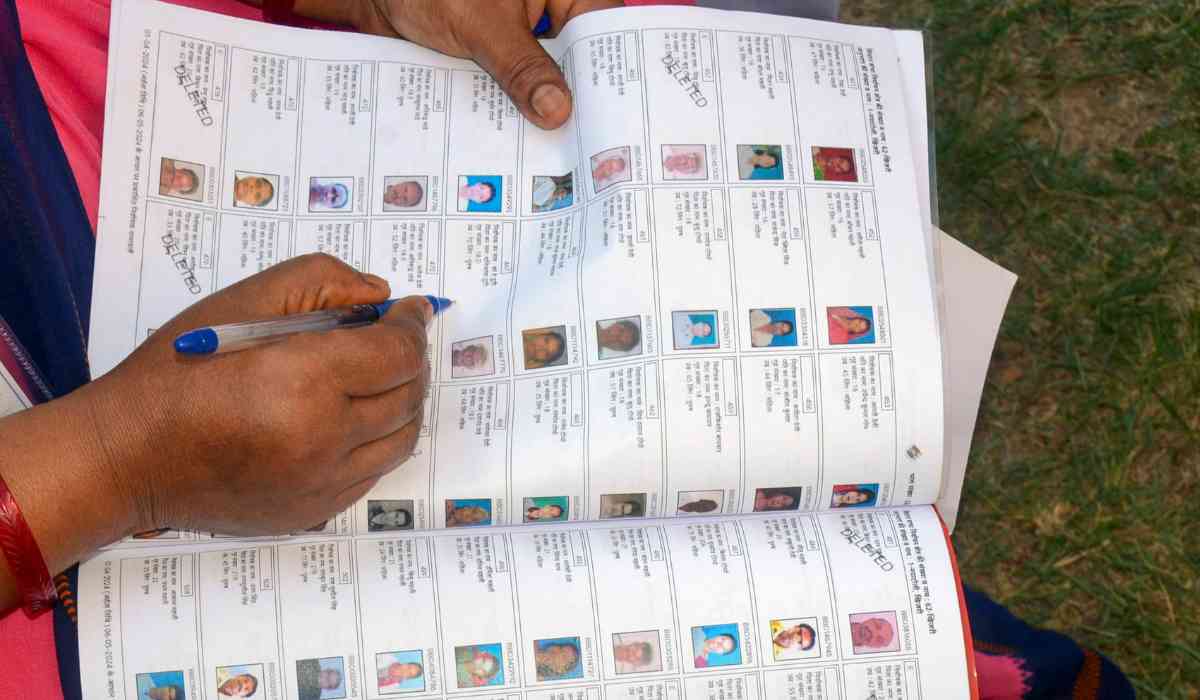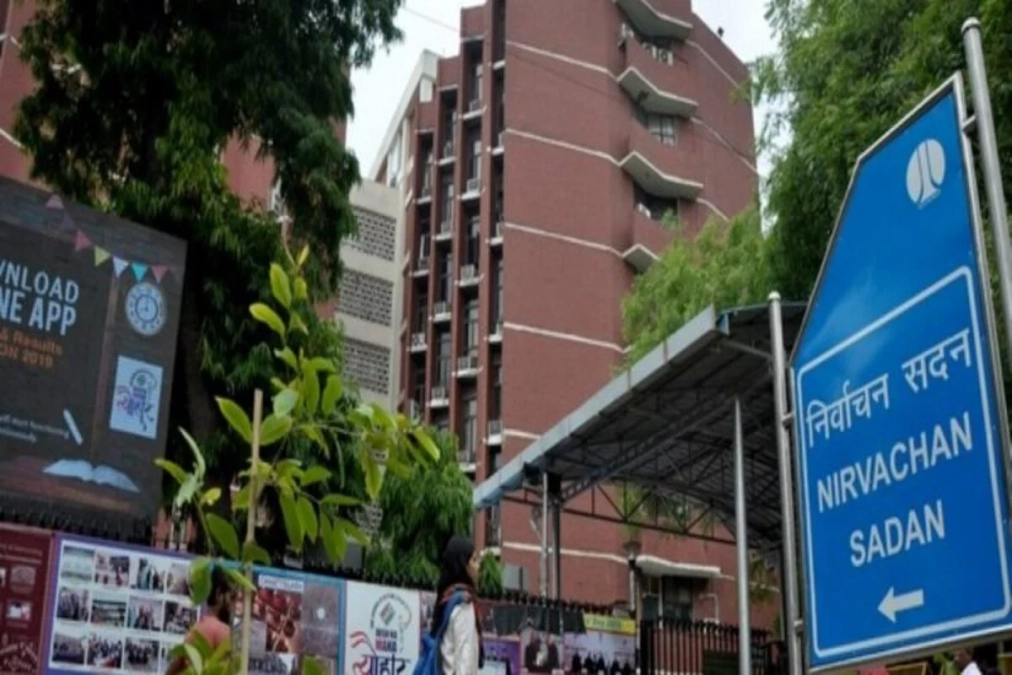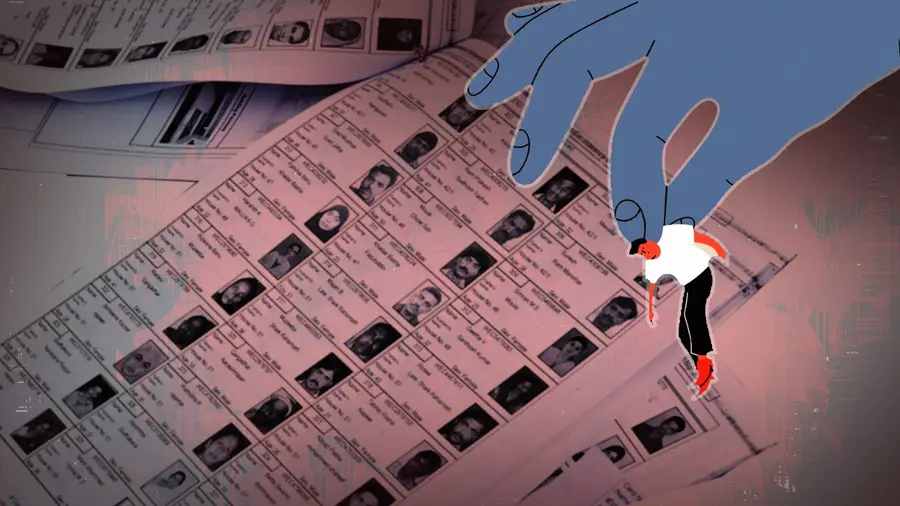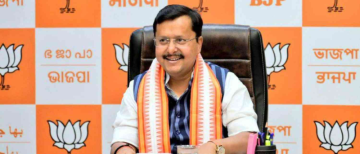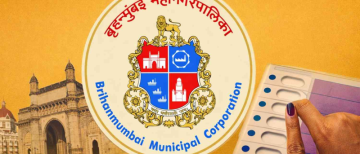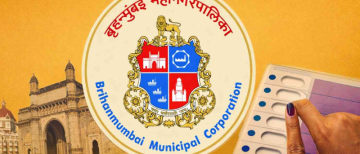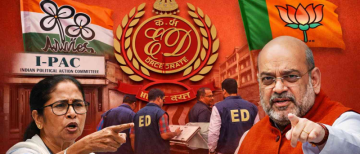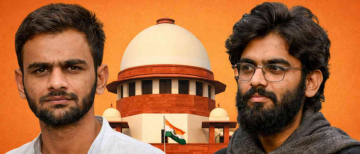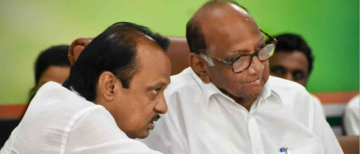Bihar is currently undergoing a “Special Intensive Revision” (SIR) of its electoral rolls, conducted by the Election Commission of India (ECI). While officials say the effort is meant to update voter lists before upcoming elections, many are raising concerns about its timing, fairness, and possible negative effects—especially for vulnerable communities.

What is SIR and why now?
The SIR began on June 24, 2025, with door-to-door verification by Booth Level Officers (BLOs) across the state. Its key goals:
-
Include newly eligible voters
-
Remove names of people who have died or moved away
-
Weed out ineligible or duplicate entries, including “foreign illegal immigrants”
A spokesperson stated that about 60 percent of voters—those whose names appeared on the 2003 rolls or were born to such voters—are exempt from submitting extra documentation . However, those registered after 2003 may need to provide multiple documents proving their birth date, place, and even those of their parents.
Timelines and public reaction
The exercise is scheduled in stages: forms distributed before July 25, a draft list on August 1, objections due by September 1, and a final list by September 30 . That leaves roughly two months to verify nearly 8 crore voters, amid ongoing monsoons and high migration—prompting worries about feasibility.
Critics say it places heavy demands on citizens:
-
The Opposition INDIA bloc (RJD, Congress, CPI(M), etc.) has labeled it a “conspiracy” to exclude the poor, elderly, women, and minorities.
-
Prof Jagdeep Chhokar of the ADR warns those registered since 2003 (e.g., 2004–2007) could lose their names—since only 25 percent of births were registered during that time.
-
Upper-caste villagers too fear delays in obtaining domicile certificates could block voting rights.
Tejashwi Yadav of RJD said forming a new list months before elections is “impractical and anti‑democratic”.
ECI’s position and safeguards
The Election Commission sees SIR as essential. It highlights:
-
No interim stay—the Supreme Court refused requests to pause the process, though it has scheduled hearings for July 10.
-
Around 1.69 crore forms (21% of total) have been received so far.
-
Over 77,895 BLOs, plus 20,000 extras, are deployed in the field.
-
Even without documents, local investigation can confirm voter details—officials can verify residence through local inquiries.
Chief Election Commissioner Gyanesh Kumar noted that no party was fully satisfied with existing rolls and that about 5,000 meetings were held with stakeholders across Bihar.
Benefits vs. Risks
Supporters say:
-
SIR will ensure accurate, legitimate rolls and include only eligible voters.
-
Door-to-door checks help correct errors—providing long-term benefits to state-wide electoral integrity .
-
Allowing local verification (instead of strict document rules) addresses fears of exclusion.
Critics say:
-
Tight timelines and documentation demands may disproportionately affect remote, poor, and minority populations.
-
It may mimic an “NRC‑like” process, presuming post‑2003 voters are not citizens.
-
With limited birth registration, many newer voters could slip through the cracks—students, young people, and migrants .
Looking ahead
-
Supreme Court hearings, scheduled for July 10, will assess whether SIR should continue.
-
Meanwhile, opposition-led protests, including a “chakka jam” (road blockade), are set for July 9.
-
Civil society groups are calling for extending deadlines, better communication, and mobile centers for rural processing .
Why this matters
How this unfolds could shape Bihar’s upcoming assembly elections and national discourse on documentation vs. rights, especially in a diverse, populous democracy. The stakes are high: ensuring inclusion and transparency while preserving every citizen's fundamental right to vote.
Summary
| Issue | Details |
|---|---|
| Scale & timing | Attempting to update nearly 8 crore voters in ~2 months amid monsoons |
| Vulnerable groups | Poor, migrants, minorities, youth—all at risk of exclusion due to documents |
| ECI defense | Cites accuracy, field checks, and flexibility via local investigation |
| Legal battle | Supreme Court to hear petitions; no pause ordered yet |
| Political friction | Opposition vows protests; INDIA bloc strongly critical |
The SIR’s final impact depends on how well the ECI addresses concerns, the court’s rulings, and how many voters are ultimately added or left out. As the countdown continues, the nation watches closely—and every vote counted (or missed) will have consequences.
With inputs from agencies
Image Source: Multiple agencies
© Copyright 2025. All Rights Reserved Powered by Vygr Media.

